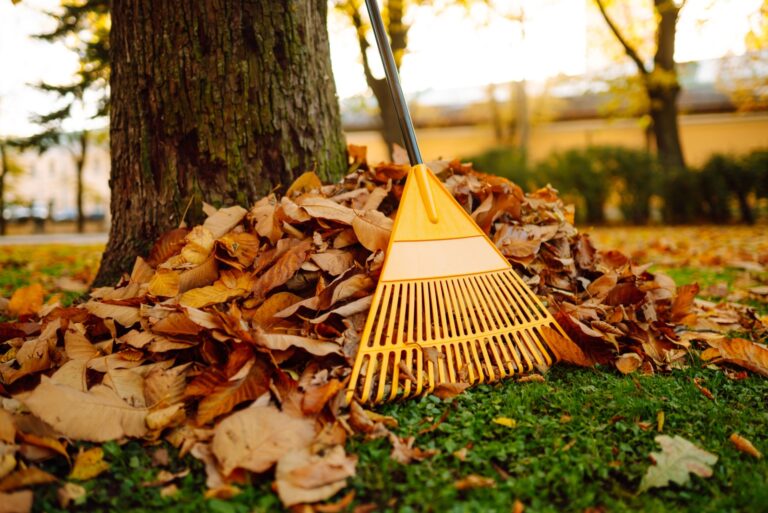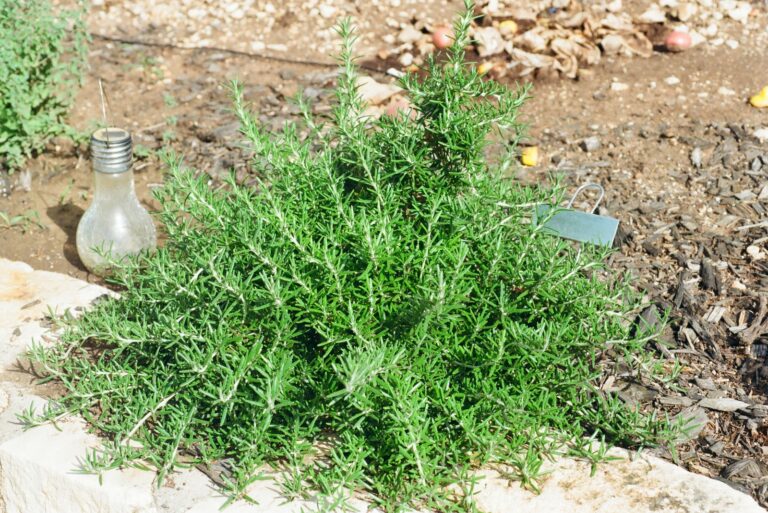10 Yard Features Tennessee Residents Might Soon Be Required To Remove
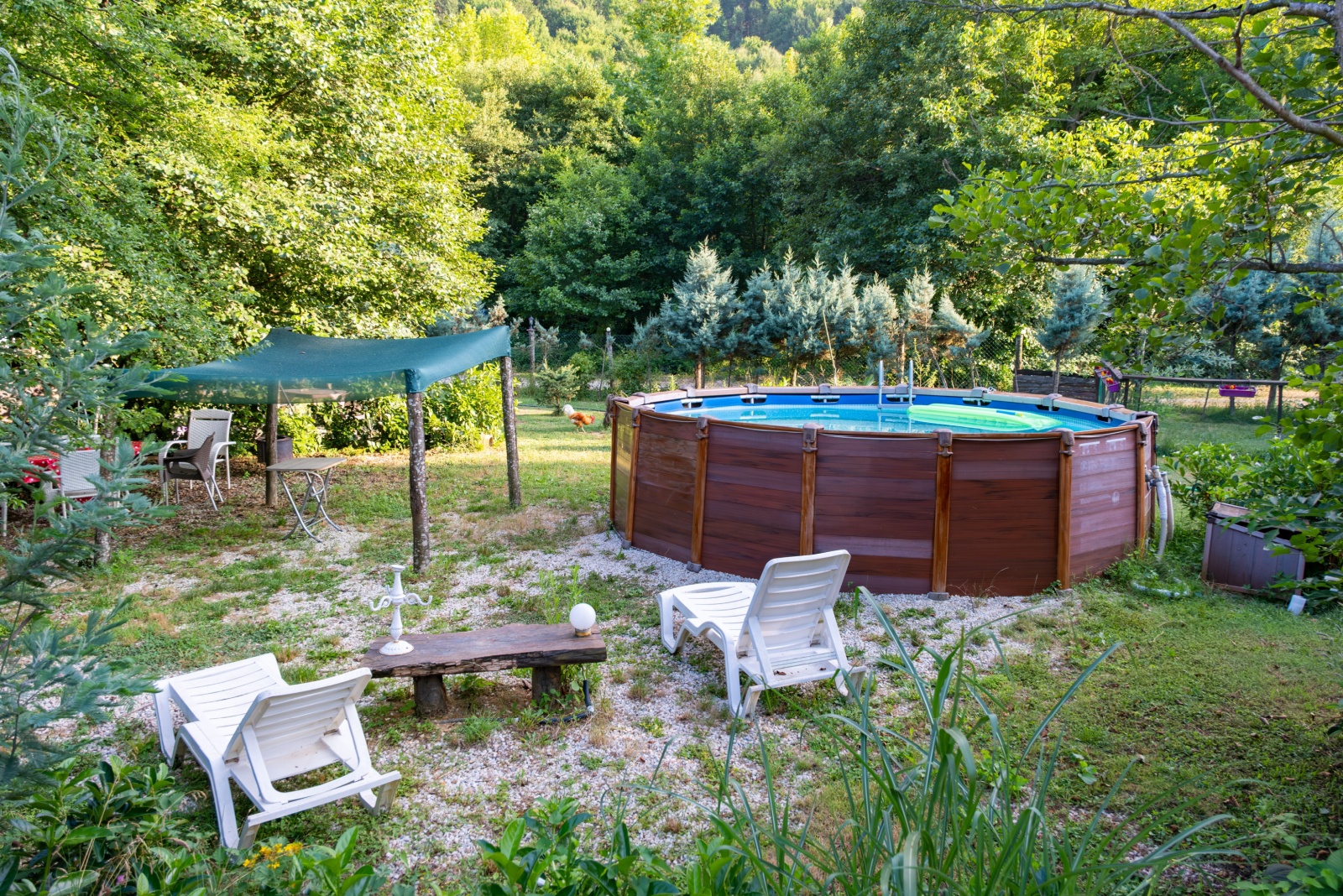
Tennessee homeowners might soon face new regulations about what they can keep in their yards. Local governments across the state are reviewing ordinances that could require residents to remove certain features many consider normal parts of their outdoor spaces.
Understanding these potential changes now can help you prepare and possibly avoid fines or forced removals down the road.
1. Overgrown Native Grasses
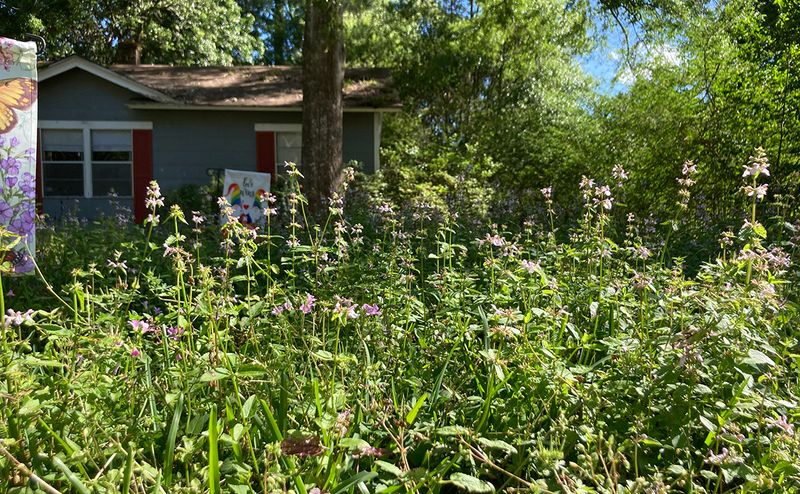
Many Tennessee municipalities are cracking down on grass heights that exceed certain limits, typically around 8-12 inches. Even native prairie grasses that benefit local ecosystems might violate these codes if they grow too tall.
Neighbors often complain about unkempt lawns, which has prompted stricter enforcement. Regular mowing schedules help you stay compliant, though some communities now allow designated wildflower areas with proper permits.
Check your local ordinances before letting grass grow naturally, as fines can start at $50 and increase with each violation.
2. Unregistered Chicken Coops
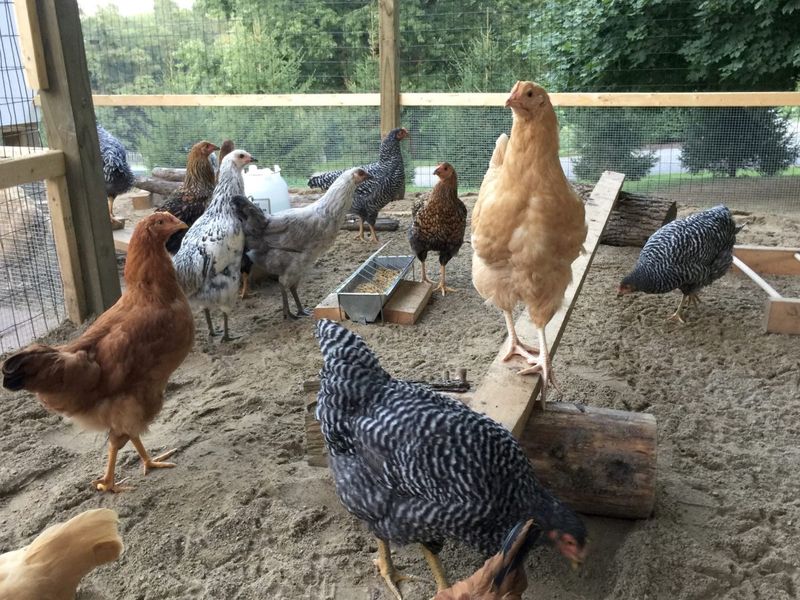
Backyard chickens have become increasingly popular across Tennessee, but many cities now require permits or outright ban them in residential zones. Nashville, Memphis, and Chattanooga all have specific regulations about coop placement, size, and the number of birds allowed.
Roosters are almost universally prohibited due to noise complaints. Some neighborhoods with homeowner associations ban poultry entirely, regardless of city rules.
Before building a coop, research both municipal codes and any HOA restrictions that might apply to your property to avoid removal orders.
3. Decorative Tire Planters
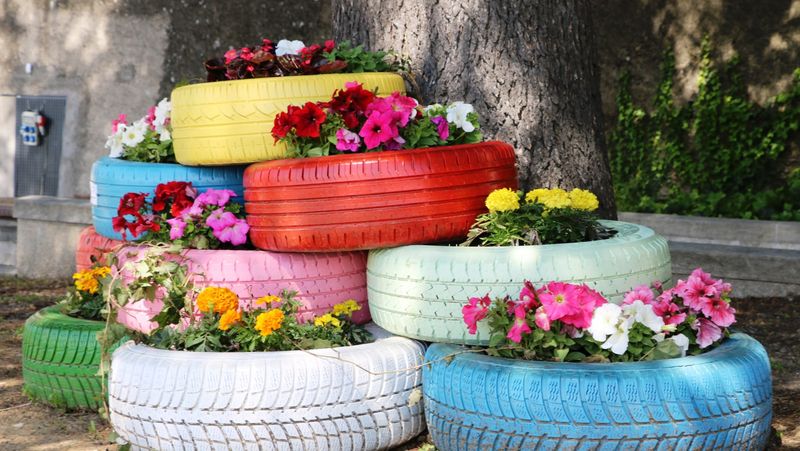
Those colorful tire planters that once seemed charming are now on many Tennessee cities’ banned items lists. Officials cite concerns about mosquito breeding in standing water and the unsightly appearance that can lower neighborhood property values.
Environmental concerns about tire degradation releasing chemicals into soil have also influenced these regulations. Some communities specifically mention tires in their nuisance ordinances alongside abandoned vehicles.
Consider switching to proper planters or raised garden beds that meet aesthetic standards while still showcasing your gardening creativity without risking citations.
4. Front Yard Vegetable Gardens
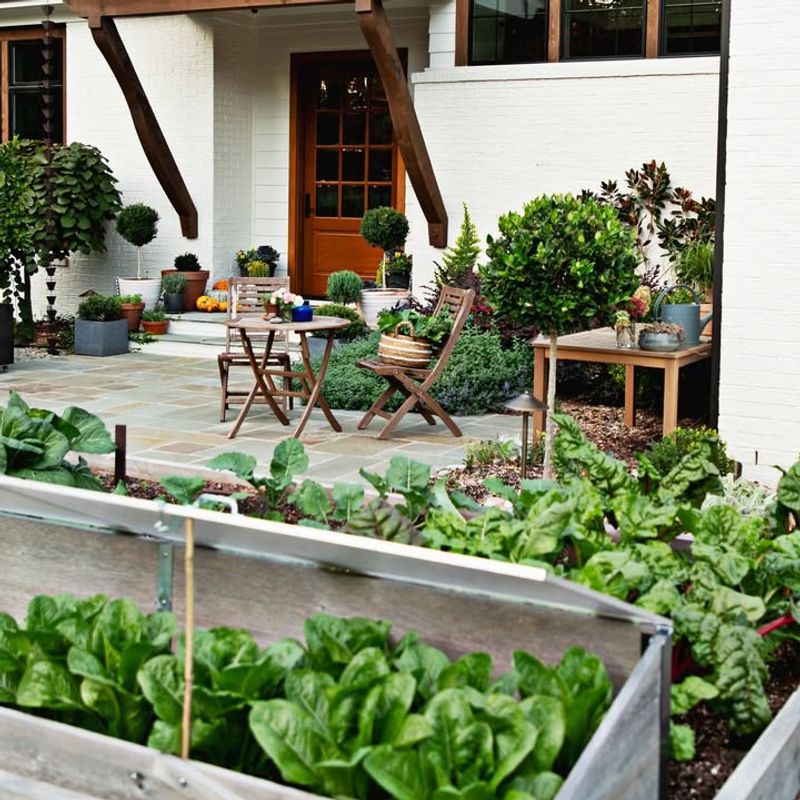
Growing your own food makes sense economically and environmentally, but several Tennessee municipalities have ordinances restricting front yard vegetable gardens.
These rules typically require edible plants to be grown in backyards only, keeping front lawns as traditional grass and ornamental landscapes. The reasoning often centers on neighborhood aesthetics and property value concerns.
Some cities allow exceptions for raised beds with neat borders or ornamental vegetables mixed with flowers. Always verify local regulations before planting tomatoes where your lawn used to be.
5. Unpermitted Sheds And Storage Buildings
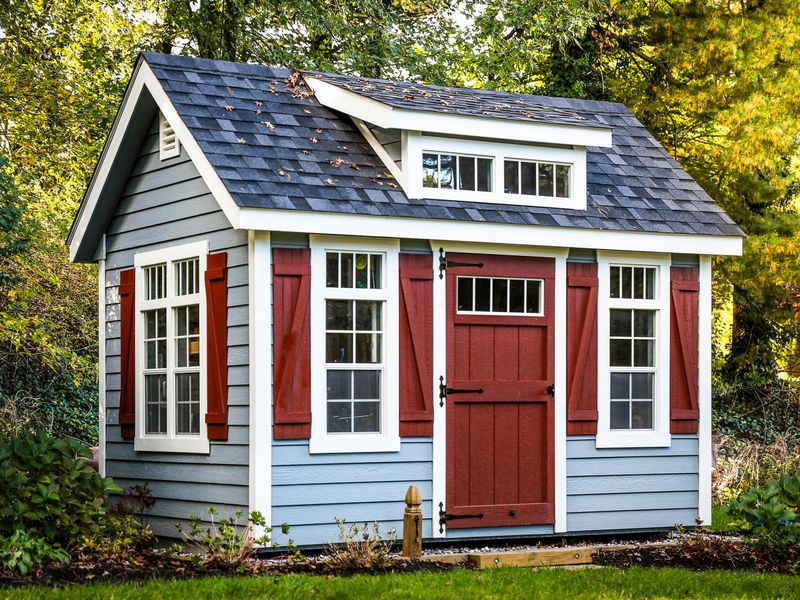
That shed you bought at the hardware store and assembled yourself might need a permit in Tennessee. Many cities require building permits for structures over a certain size, usually 100-200 square feet, and some require permits for any permanent structure.
Setback requirements determine how far from property lines your shed must sit. Violations can result in removal orders or fines until you obtain proper permits retroactively.
Before installing any outbuilding, contact your local building department to understand size limits, placement rules, and permit requirements specific to your area.
6. Invasive Bradford Pear Trees
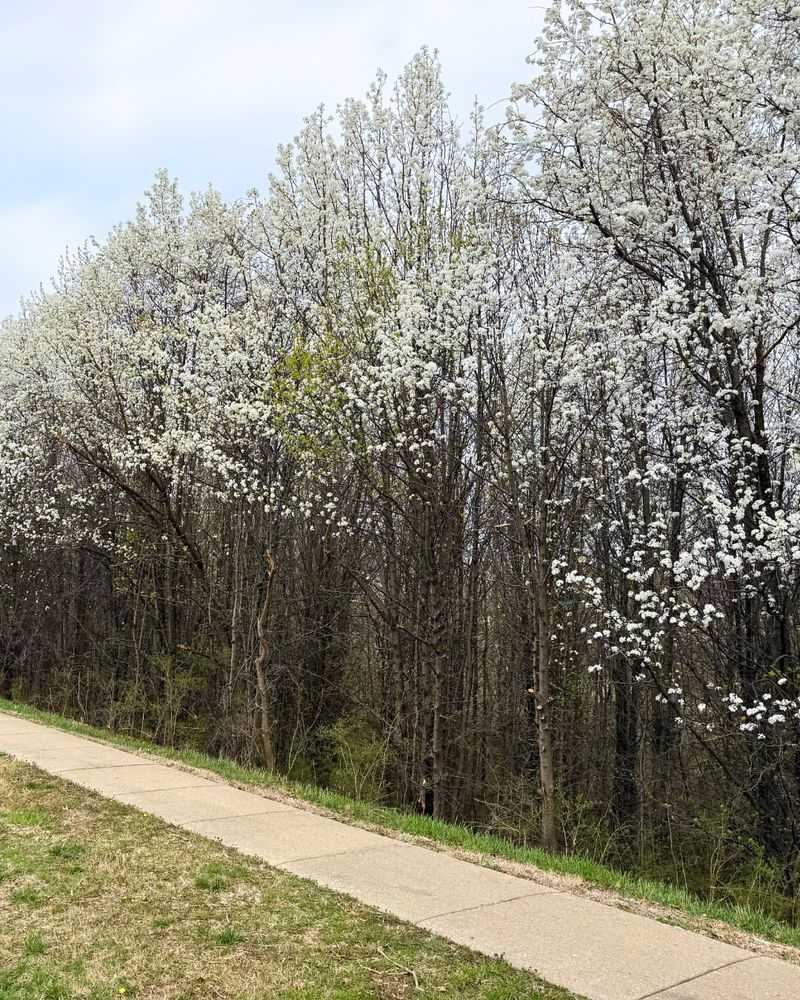
Bradford pears were once planted everywhere across Tennessee for their beautiful spring blooms, but they’re now recognized as highly invasive. The state is encouraging removal, and some municipalities may eventually mandate it due to their aggressive spread into natural areas.
These trees have weak branch structures that break easily during storms, creating hazards. Their rapid reproduction crowds out native species that wildlife depends on for food.
Consider replacing Bradford pears with native alternatives like serviceberry or redbud that provide similar spring beauty without environmental harm.
7. Portable Above-Ground Pools
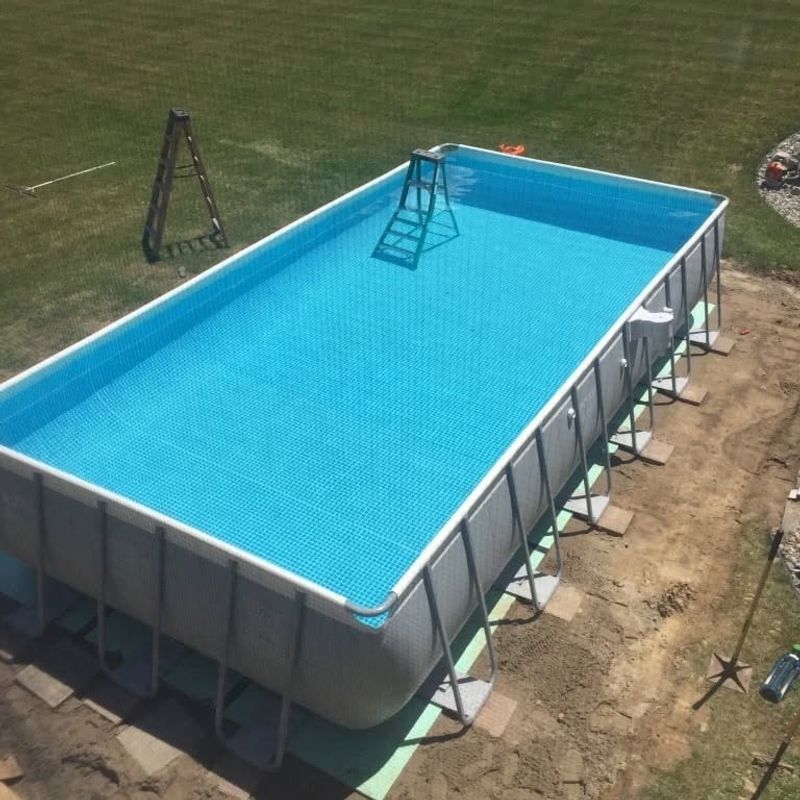
Summer heat makes pools tempting, but many Tennessee communities have regulations about above-ground pools that surprise homeowners. Some require fencing with self-latching gates regardless of pool type, while others prohibit them in front or side yards entirely.
Permanent above-ground pools often need building permits and inspections. Even temporary pools might violate ordinances if visible from the street or left up year-round.
Setback requirements and drainage concerns also factor into pool placement. Research local codes before purchasing to ensure your cooling solution doesn’t become a code enforcement headache.
8. Clotheslines And Outdoor Drying Racks
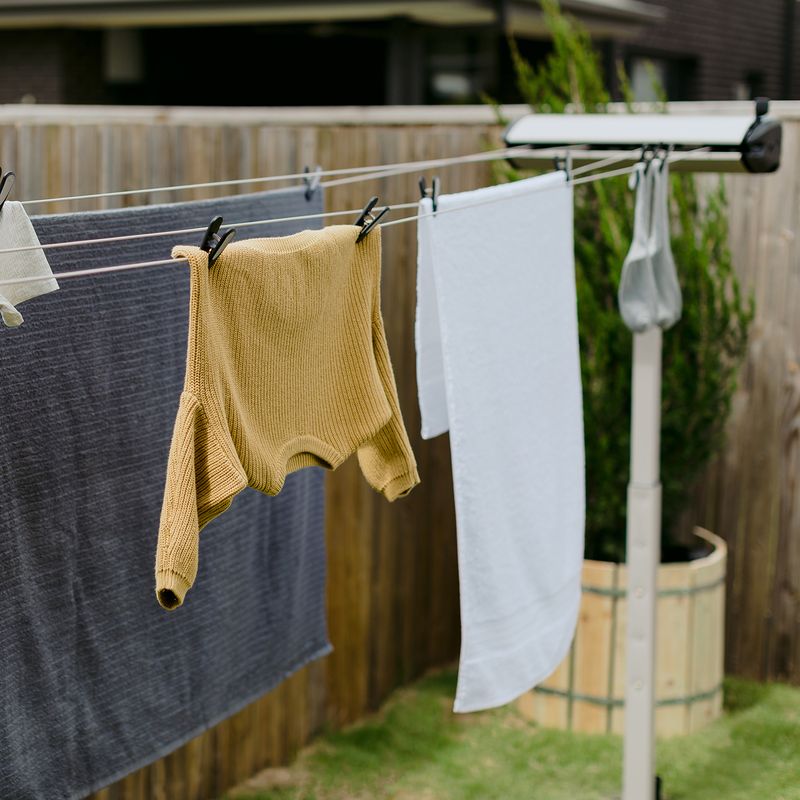
Air-drying laundry saves energy and money, but some Tennessee homeowner associations and even city ordinances restrict or ban visible clotheslines. These rules typically cite aesthetic concerns, claiming hanging laundry creates an unkempt appearance that affects property values.
Tennessee actually has a “right to dry” discussion happening at the state level. However, local HOA covenants currently trump personal preferences in many neighborhoods.
If clotheslines matter to you, check restrictions before moving in, or consider retractable lines or backyard locations less visible from the street.
9. Decorative Rock Gardens With Large Boulders
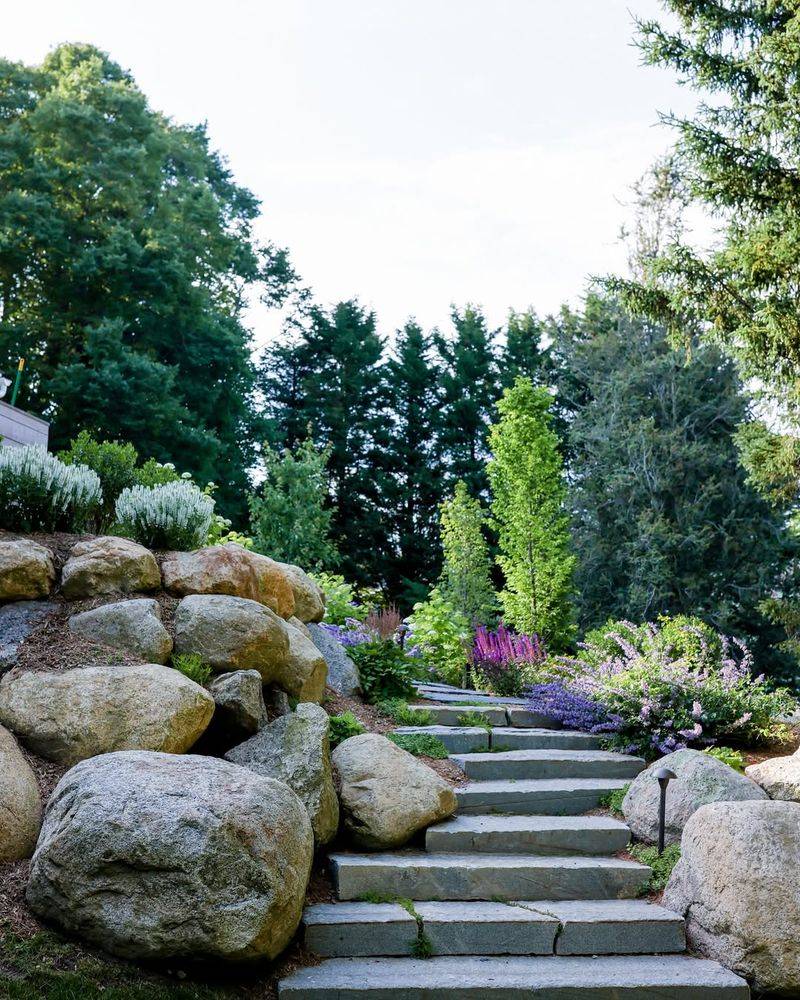
Rock gardens offer low-maintenance landscaping, but some Tennessee cities are implementing regulations about excessive hardscaping in front yards. Concerns focus on stormwater runoff when too much permeable soil is covered with rocks or boulders.
Very large boulders sometimes require permits as they’re considered landscape alterations. Some neighborhoods restrict the percentage of your yard that can be non-living groundcover.
Balance rocks with plants to maintain drainage and comply with evolving landscaping ordinances. Contact your planning department before undertaking major rock garden projects that dramatically change your yard.
10. Homemade Yard Art And Sculptures
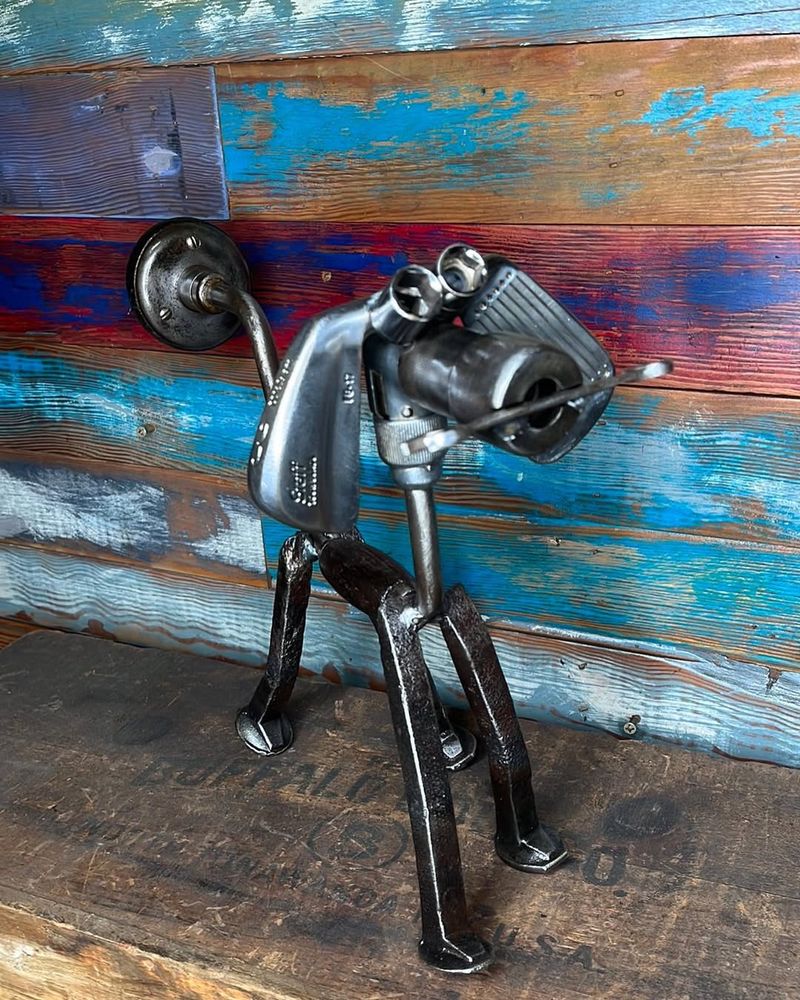
Your creative expression might clash with neighborhood standards in Tennessee communities tightening aesthetic regulations. Homemade sculptures, painted objects, and folk art installations are increasingly subject to ordinances defining what constitutes acceptable yard decorations.
What one person sees as charming, another views as junk. Cities are responding to complaints by creating lists of prohibited items or vague “visual blight” standards that give code enforcement broad authority.
Before displaying your artistic creations prominently, review local ordinances and HOA rules to ensure your yard art won’t trigger removal demands.




